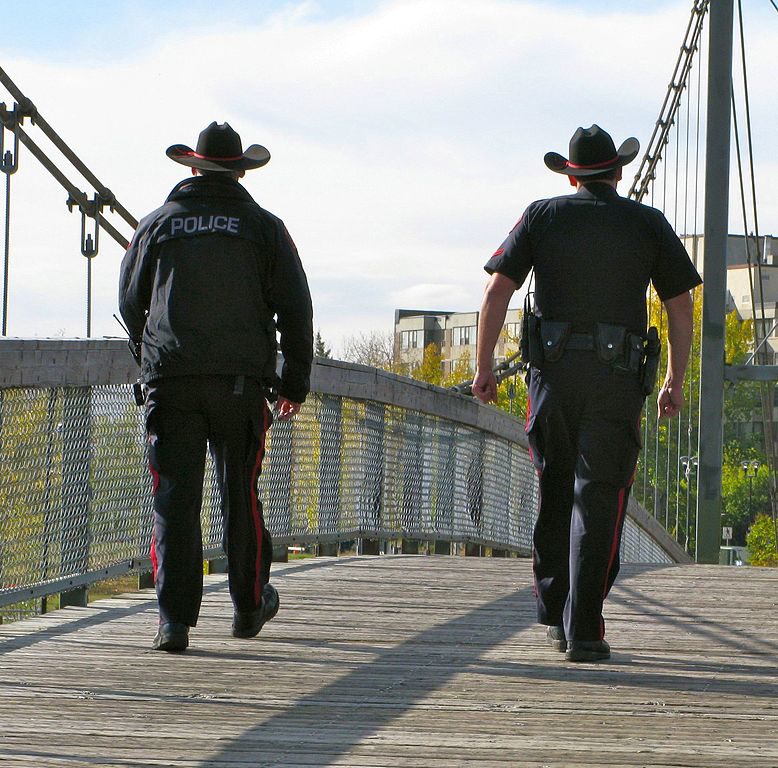Why developing professional relationships with police officers matters for crime reporters.
By Melissa Kadey
Getting a good scoop for the crime beat can take time. It involves doing the job for a number of years, finding, and developing the appropriate sources according to Meghan Grant, a crime reporter with the CBC who spoke at a symposium put on by the Journalism Society at Mount Royal University, in Calgary on March 31.
“There’s no formula for getting a scoop. It’s about relationships. You have to build relationships, and that takes time. So, if you ever get a source after meeting somebody for one time, and they start feeding you stories, you better be questioning what their motive is,” said Grant.
Jose Rodriguez, editor-in-chief of the Calgary Sun and editor of Calgary Herald, said that getting a scoop also has a lot to do with thinking outside the box.
“There is a lot of follow-the-bouncing-ball mentality, but nobody is actually thinking of creating that new thing,” said Rodriguez.
Although showing up to a crime scene may bring about an interesting news article, Rodriguez, Grant and Poole all agreed that the way crime reporting is portrayed in Hollywood is in no way similar to real life.
“The guys in the street on the crime scene won’t tell you anything,” said Grant.
“And honestly, the vast majority of the time they don’t know anything,” added Emma Poole, a communication strategist with the Calgary Police Service (CPS). “That’s not where you’re going to cultivate your sources—it’s the guys in those specialty units that will eventually trust you.”
Grant said you have to give the public as much information as possible. Rodriguez agreed with Grant, saying that he believes depriving people of information for fear of a copycat is a “chicken way out.” He continued by giving the example of a network that had the idea to not name mass murderers.
“How do you cover a story without naming the person? Who was he? What’s his background? Where’s his family? How did he get to be where he is?” questioned Rodriguez. “All those questions get unanswered the moment you decide not to say who he is.”
Poole reminded the audience that there is a difference between writing an in-depth article and romanticizing what someone did. From a policing perspective, she adds, that is where it’s concerning for them.
Poole suggested that when reaching out to police services journalists should give themselves enough time and come prepared with their research. After all, the police departments are not libraries, but they can provide all the context a reporter needs.
Grant explained that journalists should never act entitled, but they should stay humble and should not hesitate to ask seasoned journalists questions about internship opportunities, for advice, or for help in general.
Rodriguez emphasized the importance of developing professional relationships in the field.
“Be patient. That cop you interviewed yesterday isn’t your best friend today and he’s not going to give you a whole bunch of things, and if he does be suspicious because he’s got an agenda,” said Rodriguez. “But it takes time to build those sources.”
Melissa Kadey is a writer, photographer, and media designer based in Calgary, AB., and is currently finishing her last year in journalism at Mount Royal University. With her skills in journalism, photography, and her international certificate of achievement she intends to bring the world to her audience.

